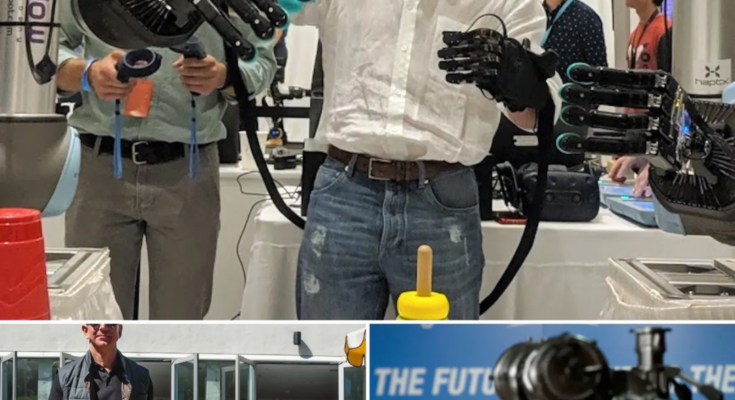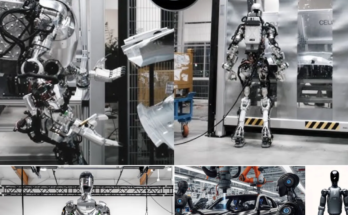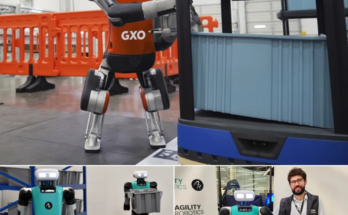In the rapidly advancing space industry, Blue Origin is standing at the forefront of robotics innovation. Founded by Jeff Bezos, the company has continuously pushed the boundaries of space exploration while integrating cutting-edge robotic technology into their missions. From rocket assembly to the maintenance of spacecraft, Blue Origin is leveraging robotics to ensure their operations are more efficient, precise, and cost-effective.
One of Blue Origin’s most impressive uses of robotic technology is in the assembly of their rockets. Building a rocket involves hundreds of highly intricate tasks that demand precision and care. To ensure that every part is assembled with perfect accuracy, Blue Origin employs a fleet of robots designed to handle repetitive tasks like welding, component placement, and structural assembly.
These robots not only speed up the manufacturing process but also reduce the risk of human error, which is critical in an industry where even the smallest mistake can have catastrophic consequences. By automating these tasks, Blue Origin ensures that their rockets, like the New Shepard and the upcoming New Glenn, meet the highest standards of safety and reliability.
Robotic Maintenance of Spacecraft
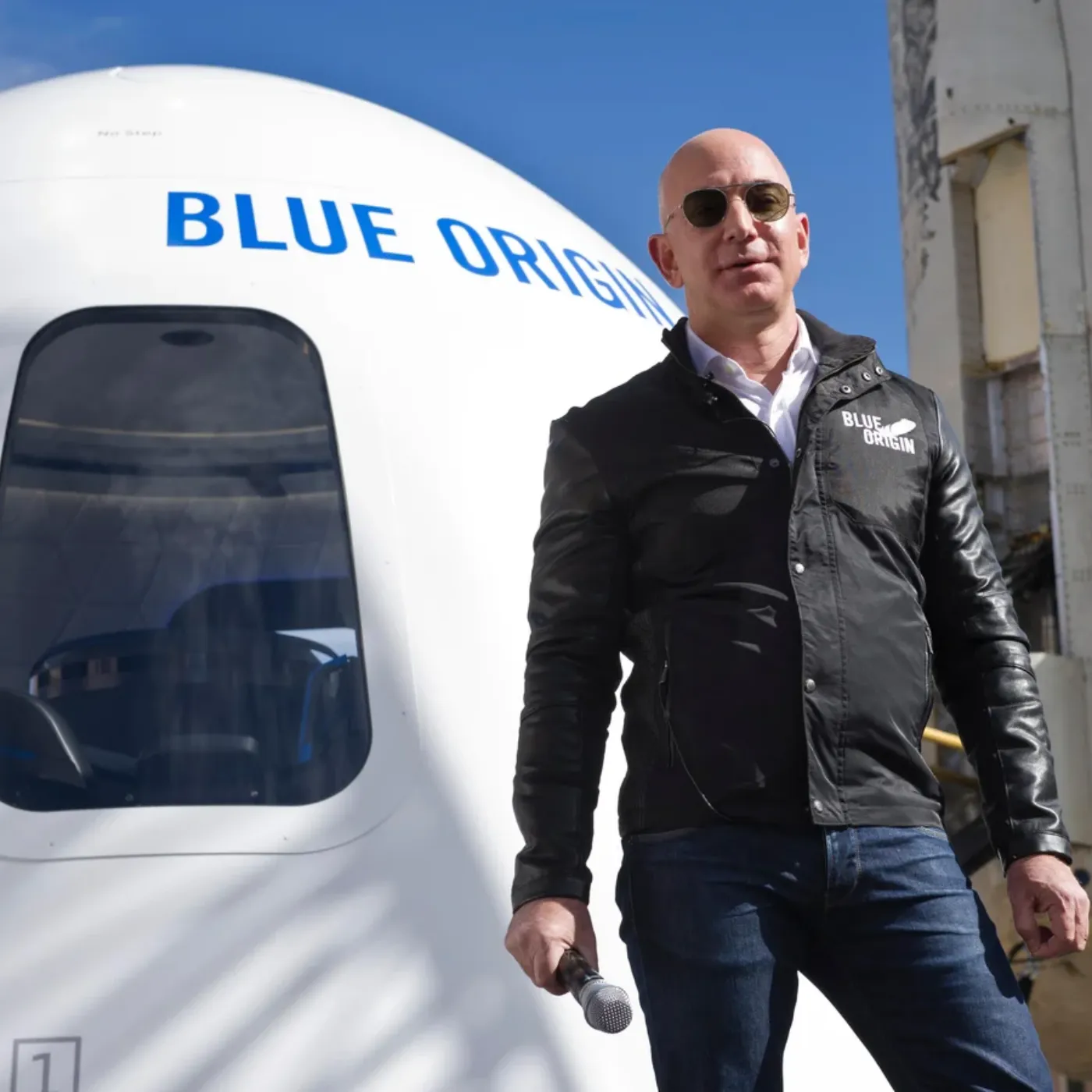
Beyond assembly, robotics plays a crucial role in maintaining the complex systems of spacecraft. In the harsh environment of space, spacecraft require frequent checkups and repairs to ensure optimal performance. Blue Origin employs robotic systems to perform routine maintenance tasks on spacecraft, whether on the ground or in orbit.
These robots can be equipped with specialized tools to inspect and repair components that are difficult or dangerous for humans to reach. With autonomous robots capable of conducting inspections, Blue Origin is making strides in ensuring that spacecraft are always mission-ready, significantly reducing the downtime between missions.
Enhancing Efficiency with AI-Powered Robotics
At Blue Origin, the integration of artificial intelligence (AI) with robotic technology is helping to streamline operations further. By using machine learning algorithms, the company’s robots can adapt to new environments, improve their performance over time, and solve problems autonomously.
For example, AI-powered robots can detect potential issues during the manufacturing and maintenance processes, alerting engineers to fix problems before they become more serious. This capability not only enhances the efficiency of space operations but also lowers the cost of space exploration by minimizing the need for human intervention and optimizing the use of resources.
The Future of Blue Origin: Expanding Robotic Applications
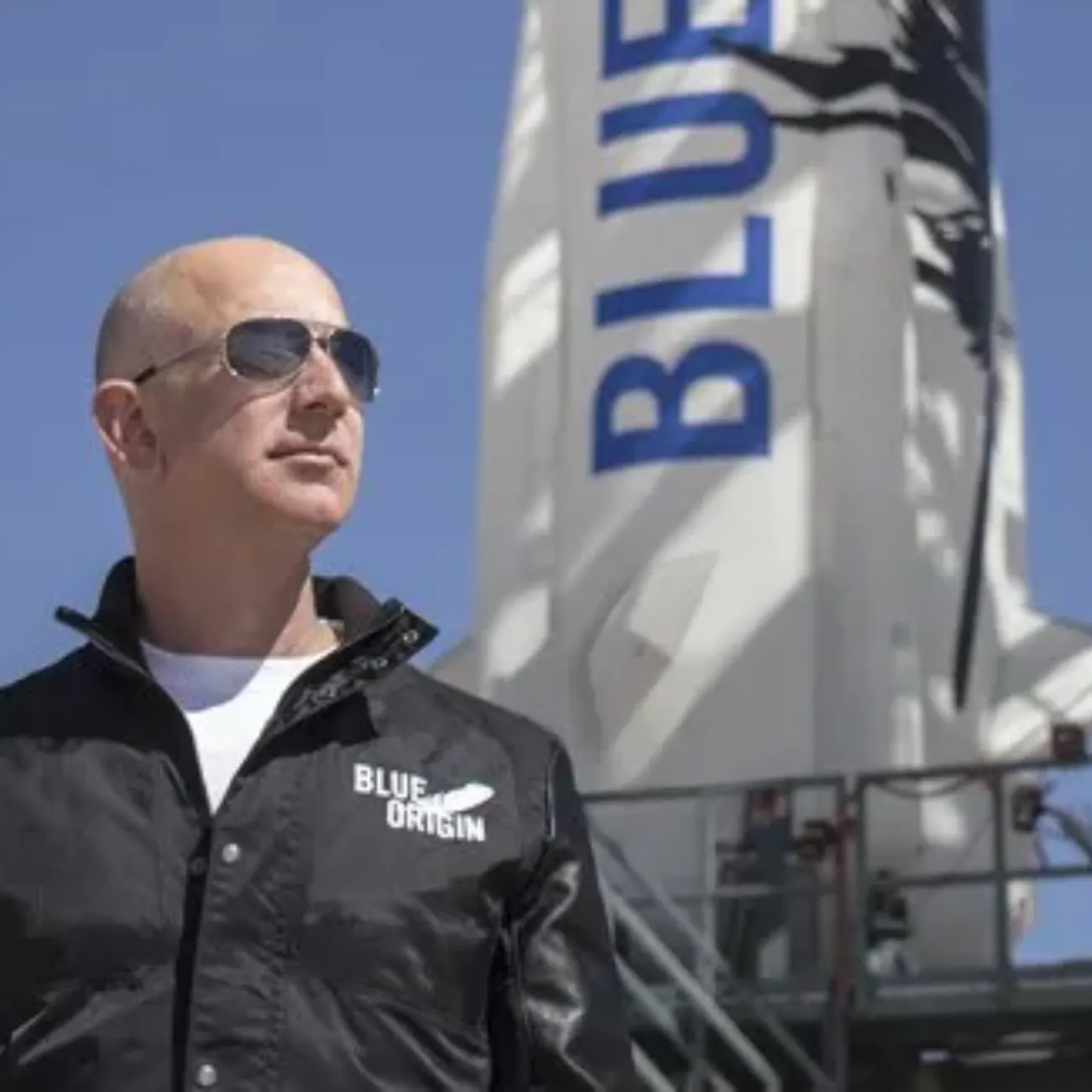
Looking ahead, Blue Origin plans to increase the use of robotic systems across its operations. The company envisions a future where robots not only handle the construction and maintenance of rockets but also contribute to space exploration itself. Autonomous robots could be deployed for missions to the Moon, Mars, and beyond, assisting astronauts in tasks such as sample collection, site exploration, and even building habitats in space.
With missions like Blue Moon, the company’s lunar lander project, Blue Origin is preparing to take robotic technology to the next level. These advancements will make space exploration more efficient, safer, and sustainable for future generations.
Blue Origin: A Robotic Revolution in Space Exploration
As robotics continues to evolve, Blue Origin is positioning itself to lead the next wave of space exploration. From improving rocket assembly to pioneering autonomous space missions, the company’s use of robotics is transforming the way we approach space. With future innovations on the horizon, Blue Origin is set to play a pivotal role in making space travel more accessible and efficient than ever before.
